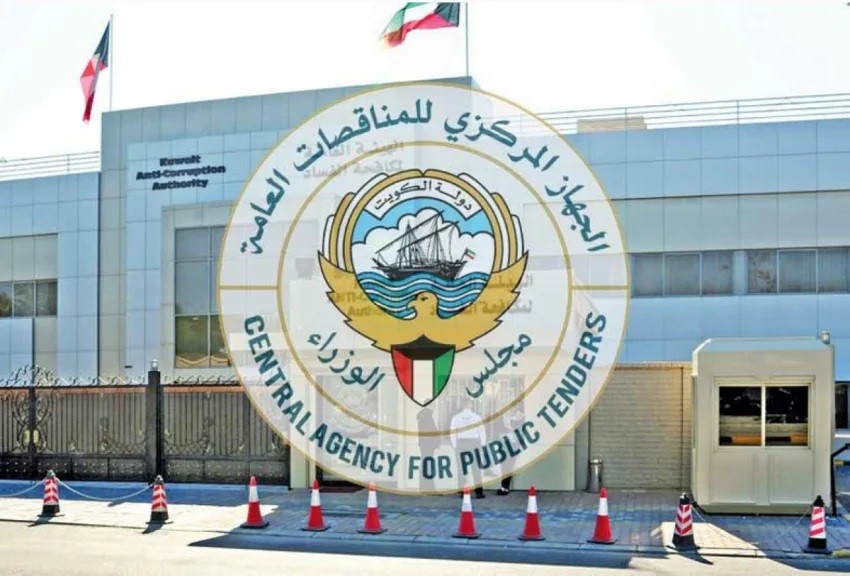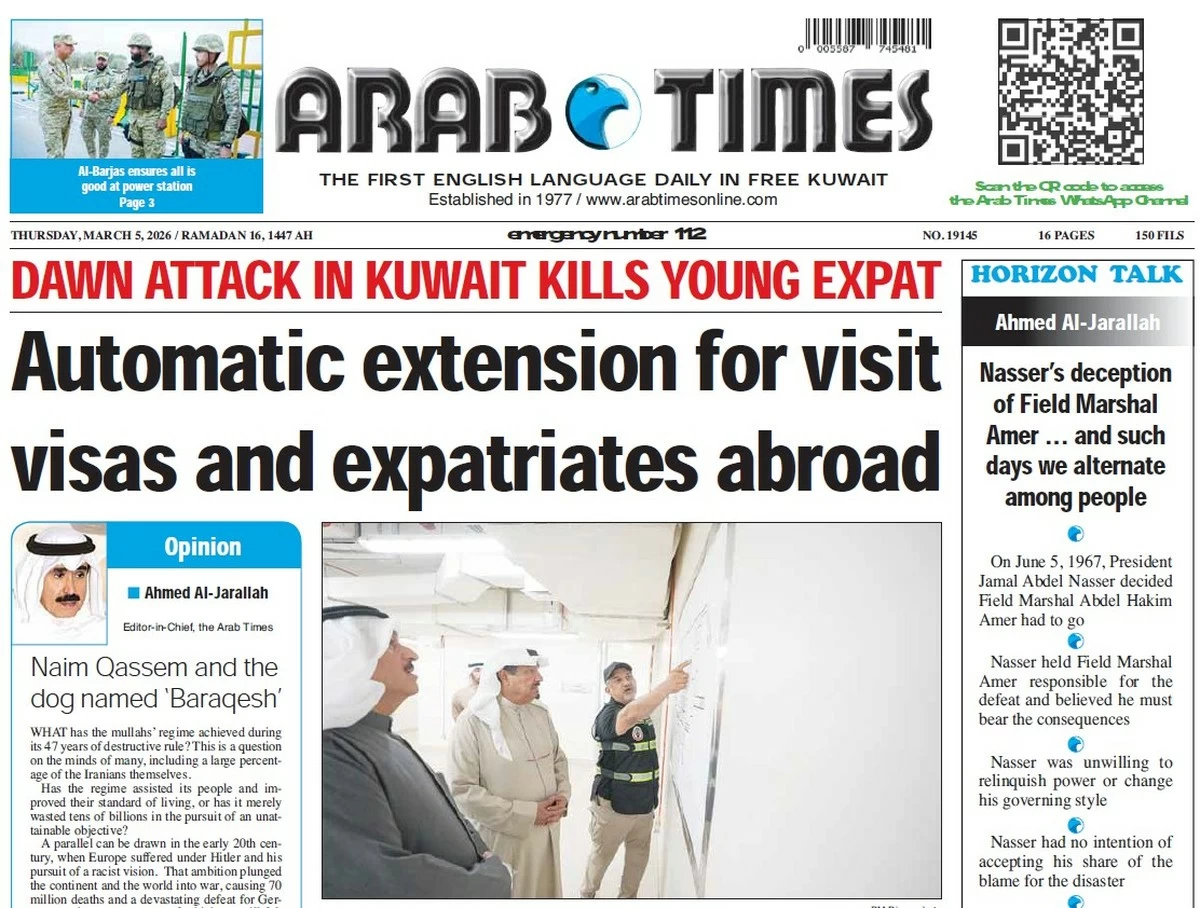22/05/2024
22/05/2024

KUWAIT CITY, May 22: Kuwait's recent advancements in Transparency International's Corruption Perceptions Index have sparked both optimism and concern. Despite climbing 14 places internationally to rank 63rd, according to the 2023 report, the nation finds itself grappling with assertions from the Carnegie Endowment for International Peace. The organization has pointed out that corruption has entrenched itself deeply into Kuwaiti society, posing a significant threat to the nation's integrity.
With an estimated annual cost of corruption soaring to 1.2 billion dinars, Kuwait's Economic Society has sounded the alarm. In response to these concerns, government authorities have announced decisive measures. Al-Seyassah has learned that the government intends to scrutinize all tender files and contracts about government projects awarded in recent years.
The objective of this comprehensive review is twofold: firstly, to ensure adherence to technical and financial criteria, as well as compliance with the Public Tenders Law No. (49) of 2016 and its regulations. Secondly, the investigation aims to identify any instances of irregularities, including direct orders, contract divisions, and potential breaches of legality.
Highlighting the urgency of the situation, contracts related to combating the COVID-19 pandemic will receive immediate attention, with estimated expenditures totaling 5 billion dinars. Government sources have emphasized a commitment to uncovering any misappropriation of public funds and holding perpetrators accountable.
Infrastructure projects, particularly roads and bridges, will undergo meticulous examination, reflecting the government's determination to root out corruption across all sectors. The state intends to engage "higher bodies" in overseeing these investigations to ensure transparency and integrity throughout the process.
Addressing recent legislative reforms, sources pointed to the January amendment of the Public Tenders Law, which abolished the requirement for local agents. This move is seen as a positive step towards curbing exploitation and promoting fair competition in government tenders. Previously, the involvement of local agents inflated project costs substantially, hindering efficiency and inviting potential abuses.
As Kuwait embarks on this rigorous anti-corruption campaign, it seeks to restore public trust and uphold the principles of accountability and good governance. With a firm commitment to transparency, the government aims to emulate successful anti-corruption efforts observed in neighboring Gulf nations.


